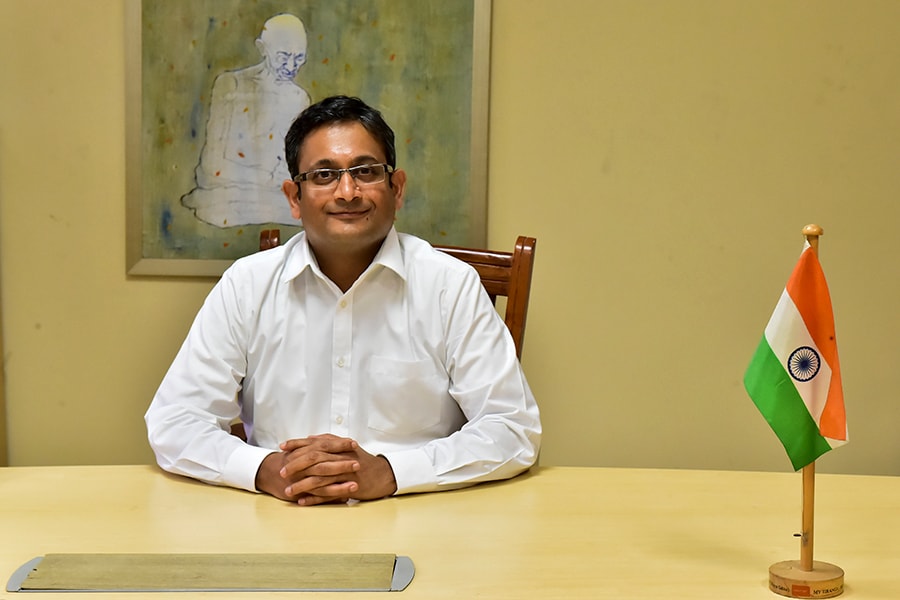
Increasing health infrastructure should be consistent effort, not a knee-jerk reaction: PS Harsha
The commissioner of the Department of Information and Public Relations in Karnataka, talks about his lessons from the pandemic, and how corporates stepped in to fill the gaps in health infrastructure
 PS Harsha, commissioner, Department of Information and Public Relations, Karnataka
PS Harsha, commissioner, Department of Information and Public Relations, Karnataka
As the number of Covid-19 cases subside in India after the second wave, most of the states have started gearing up for a possible third wave. Karnataka is among the top 10 states to have administered the highest number of vaccine doses so far. In a conversation with Forbes India, PS Harsha, commissioner, Department of Information and Public Relations, Karnataka, and nodal officer for setting up Covid-19 hospitals, talks about preparing for the next wave, the role of corporates, and his learnings from the previous pandemic waves. Edited excerpts:
Q. How is the Karnataka government gearing up for a likely third wave of the pandemic?
We’ve taken stock of all the Neonatal Intensive Care Units (NICUs) and have done a thorough audit of what can be upgraded in the government infrastructure. For example, there is Indira Gandhi Children's Hospital, and efforts are underway to upgrade the number of critical care beds there. We’ve ensured that oxygen infrastructure is up to the mark and we are not taken by surprise. Recently, one of our corporate sponsors, Lowe's India, committed to donate an on-site generator that supplies 500 litres of oxygen per minute. With such initiatives, a lot of critical gaps in the infrastructure are being addressed.
But the major challenge is finding the sufficient number of paediatricians and neonatologists. A lot of training has been planned for those who are practicing general medicine on how to treat paediatric age groups if there is a third wave, which will most likely affect children.
Q. How many people have been vaccinated in Karnataka? Have you seen any vaccine hesitancy?








